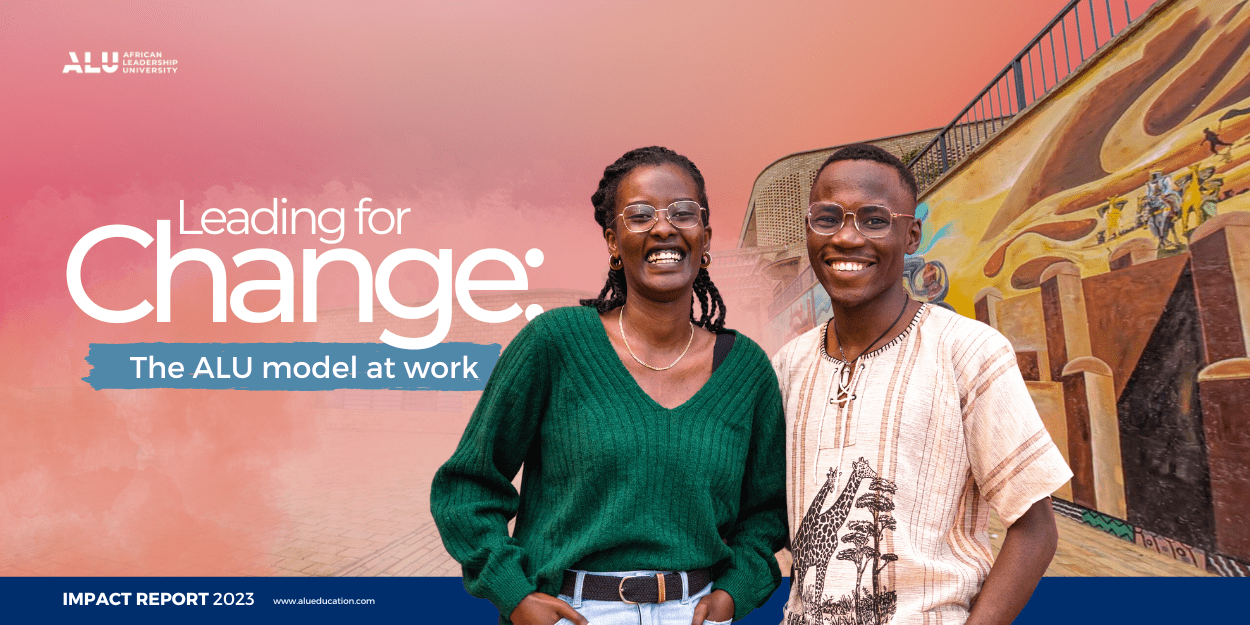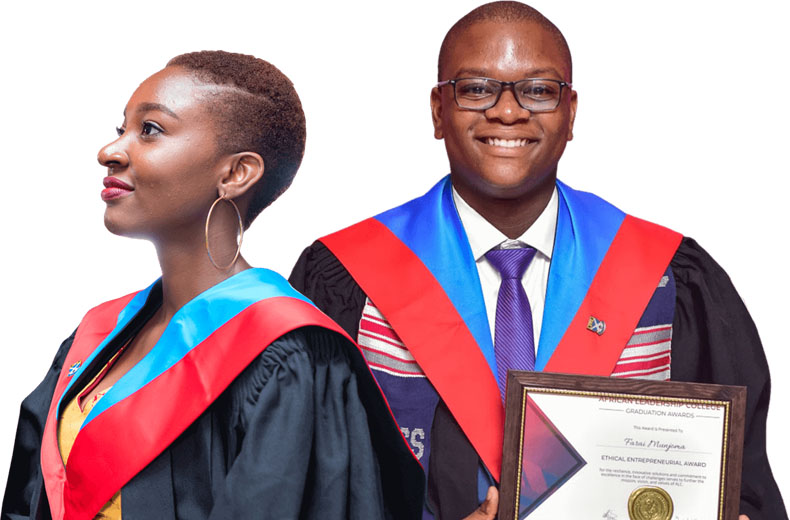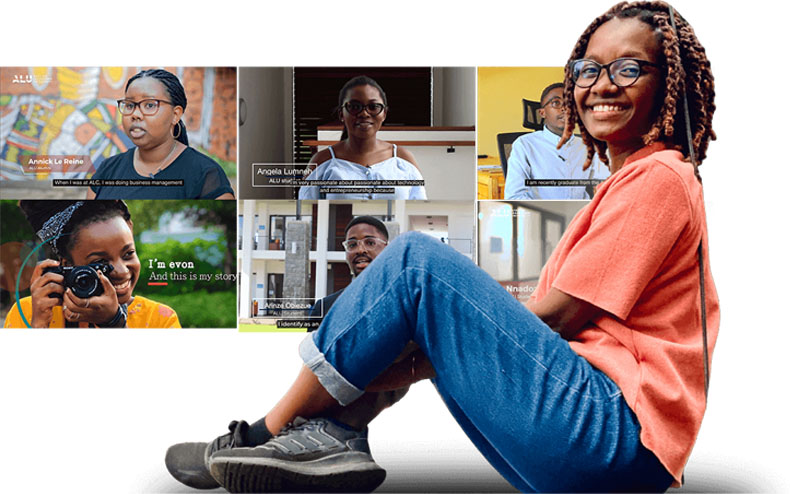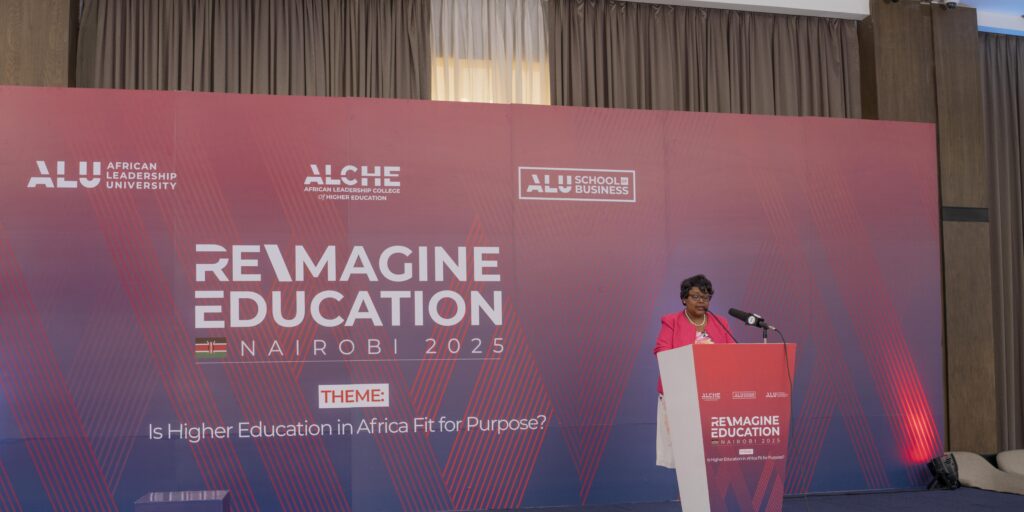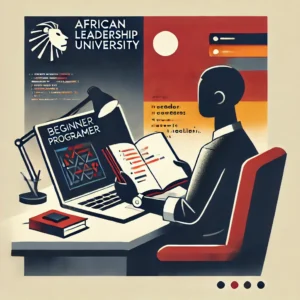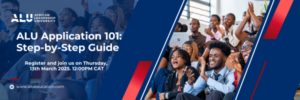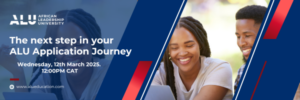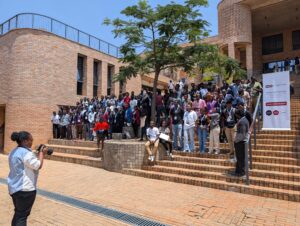More than 300 business leaders, education experts, parents, students and stakeholders came together for the African Leadership University’s Reimagine Education (RIE) conference, where they explored whether African higher education was fit for purpose – and how to ensure it meets the demands of the continent’s young talents and their future employers.
At Reimagine Education, ALU unveiled its Africa Workforce Readiness Survey, a ground-breaking study of employers and students in their final year of school across nine countries. The survey delves into students’ motivations for further education, job prospects, the future of AI and the African economy. It also gathers insights from business leaders on the evolving skills landscape, the role of higher education in employability, and future workforce trends.
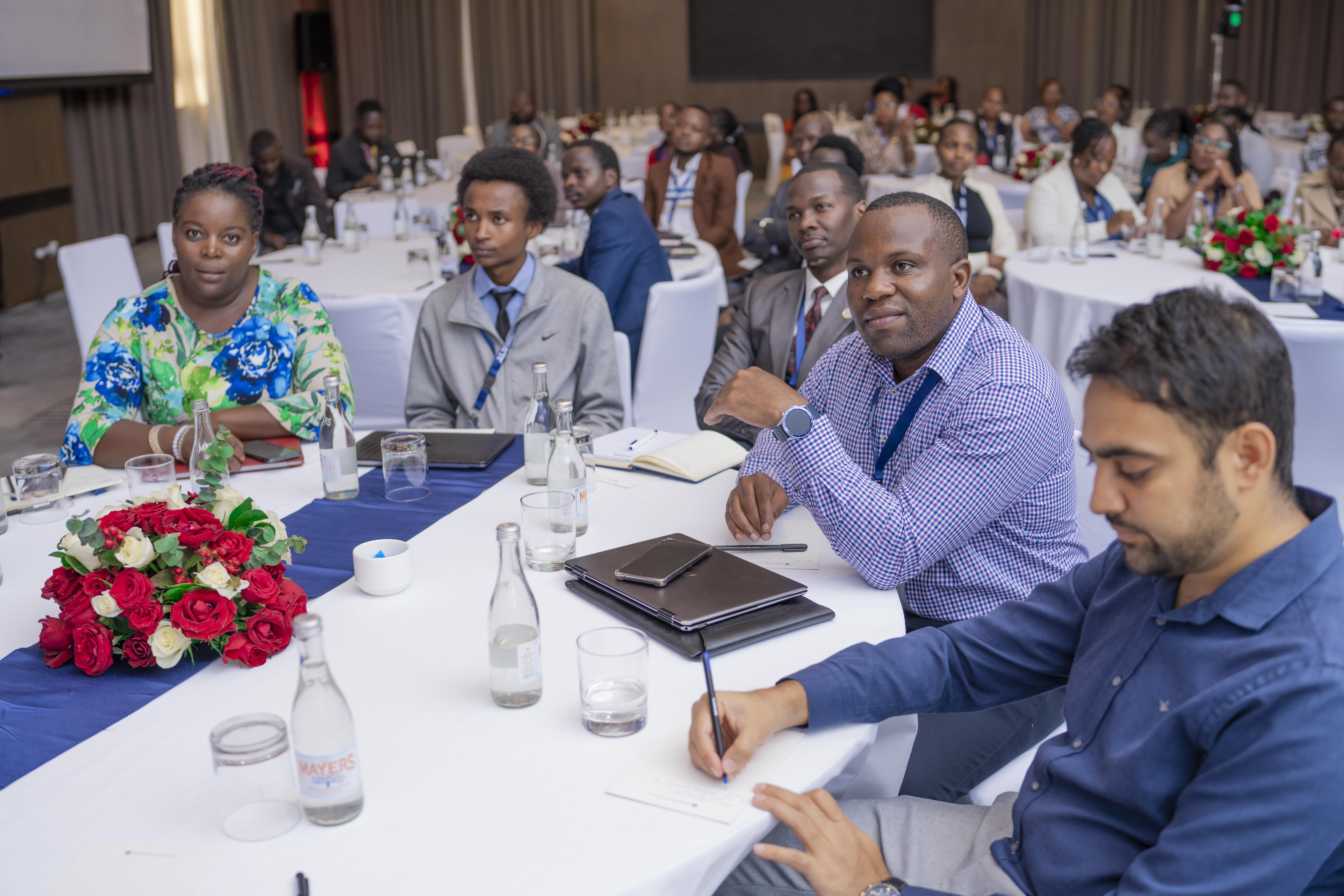
In particular, the Africa Workforce Readiness Survey found that, across the nine countries polled:
- 88% of students are planning to pursue higher education in the future.
- However, 37% of students plan to study abroad, and just 44% plan to stay in Africa after completing their higher education.
- 51% of students who are planning to pursue higher education say the ability to gain work experience is a main priority when choosing which university or college to apply to.
- Just over half (51%) of employers say that the employability skills of the recent graduates that have joined their business are either very good or excellent.
- Employers believe higher education institutions could better prepare graduates for the job market by focusing on developing leadership skills (63%), technical skills (47%) and partnering with employers (45%).
- 64% of employers say the brain drain is a major concern for the future of Africa’s economy.
- Just over half of students (51%) agree that AI is an opportunity for them – while 54% of employers say it is an opportunity for their business.
These findings and more from the Africa Workforce Readiness Survey served as the basis for lively discussions throughout Reimagine Education, which took place over two days and included addresses by ALU’s CEO, Veda Sunassee, and the Honorable Mercy Wanjau, Secretary to the Cabinet of the Republic of Kenya.
On day one of the event, Veda Sunassee gave a sneak peek of the ALU Africa Workforce Readiness Survey during an intimate breakfast event at Nairobi’s Capital Club. Attendees then formed small groups to unpack the survey’s themes – such as the reasons why young Africans are leaving the continent, helping students develop leadership skills, ensuring graduates are well-prepared for the job market, and how to adapt to the AI transformation.
Participants highlighted the role of globalisation in the brain drain, with the media portraying an attractive image of working and living abroad. They also noted that young graduates are not simply drawn to money, but also better living conditions and the benefits offered by certain companies. They pointed out the need to make young Africans feel proud of where they are from, and to provide more upskilling and reskilling opportunities to help the continent prosper.
Further, attendees at the breakfast stressed the importance of identifying the skills that industry is after, as well as the importance of listening to young people and giving them a platform – particularly through mentorship, which could help develop young leaders. This could include, for example, encouraging interns to sit in on strategy meetings.
On leadership, participants highlighted that it should be taught from a young age, and that the very idea of ‘leadership’ is evolving, with more focus on inspiring teams.
Finally, on AI, participants pointed out that students were already using the technology and would continue to do so. It is therefore imperative for the higher education sector to teach young people how to use it responsibly – or risk being left behind.
The second day of Reimagine Education brought together a large crowd at Nairobi’s Hyatt Regency, and saw the full official launch of the ALU Africa Workforce Readiness Survey.
ALU CEO Veda Sunassee opened the proceedings by showcasing the survey’s key findings. Discussing the fact that, according to the survey, 64% of African employers worry about the brain drain’s impact on the continent’s economy, he highlighted that, “One of students’ top concerns was finding a job after graduating. So, a key way to combat brain drain is to ensure our graduates are workforce ready.” He also outlined the report’s key findings, namely:
- Respond to employer needs: Universities should prioritize teaching soft skills and technical abilities.
- Align curriculum with career aspirations: Universities should expand academic offerings and career-focused experiences.
- Enhance work-based learning opportunities: Employers and institutions should partner to offer more opportunities for hands-on work experience.
- Foster public-private collaboration: Universities should work with public and private sectors to fund new programmes and infrastructure.
- Assess progress: Universities must monitor their progress in closing the higher education skills gap.
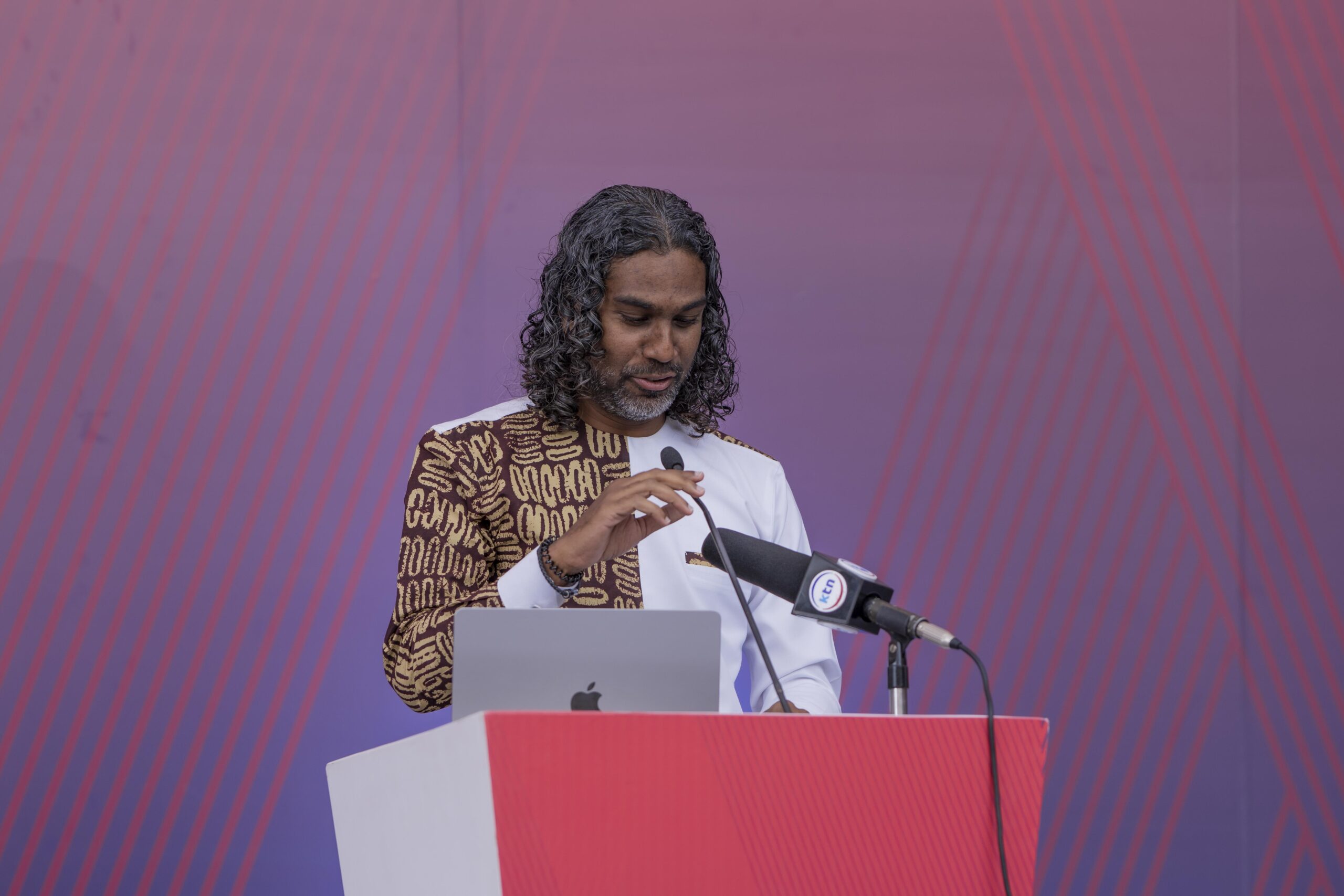
In her keynote address, the Honorable Mercy Wanjau, Secretary to the Cabinet of the Republic of Kenya, said the survey’s insights “clearly reflect the aspirations of our youth and expectations of employers.” She stressed the need to ensure higher education is “truly ready for the future we all want to work towards,” and that “solutions are not only bold, they are action-oriented.” She added, “Higher education should be more than a pathway to employment – it should be a launchpad to unleashing Africa’s potential.”
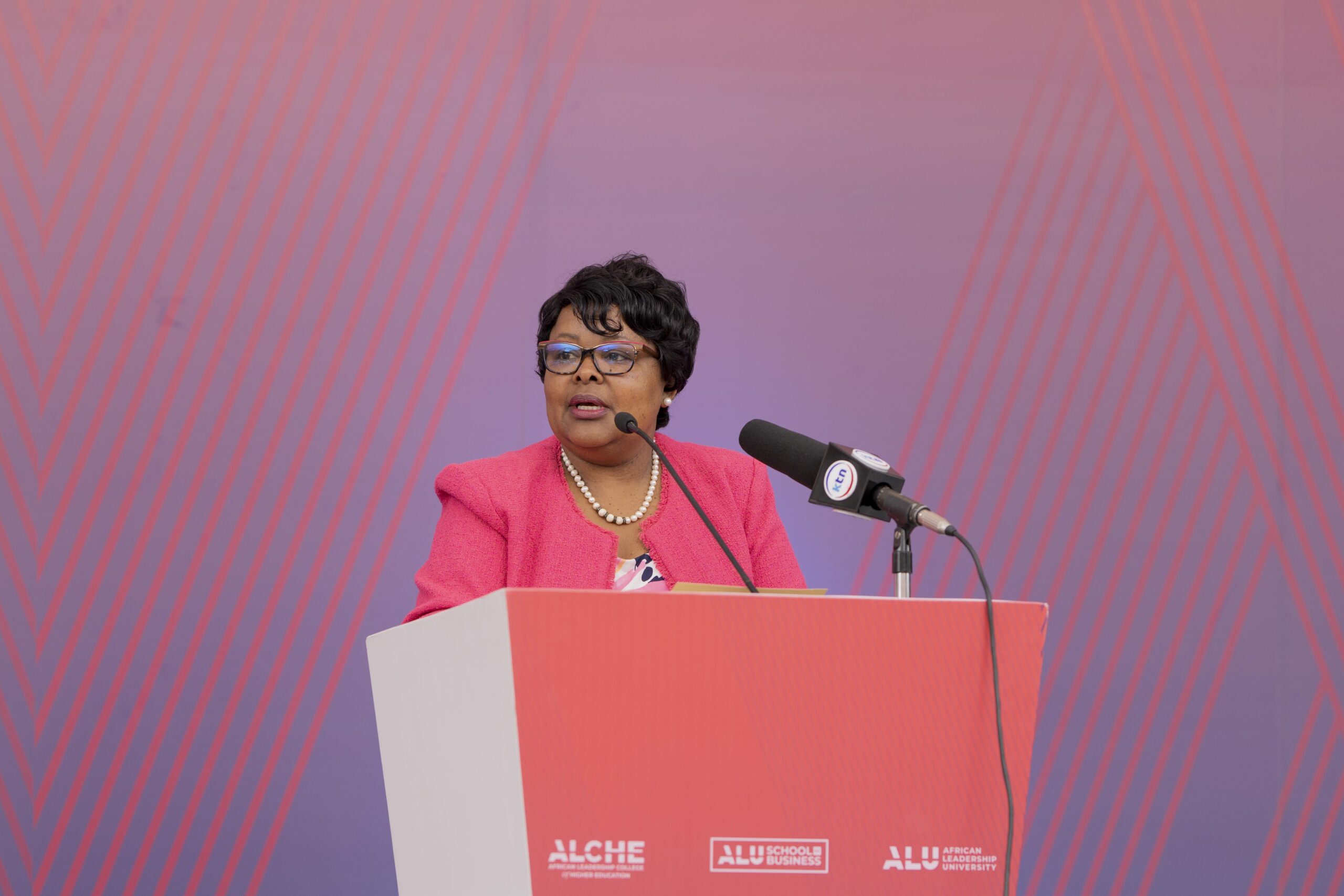
Throughout the day, participants heard from business leaders, educators, and students themselves on how to ensure African higher education works for both students and employers – and contributes to the continent’s prosperity.
In the opening panel discussion, participants discussed several important themes linked to the future of higher education. This included the value of work experience to employers, how higher education can positively shape leadership development, and the scope for the private sector to collaborate with higher education institutions.
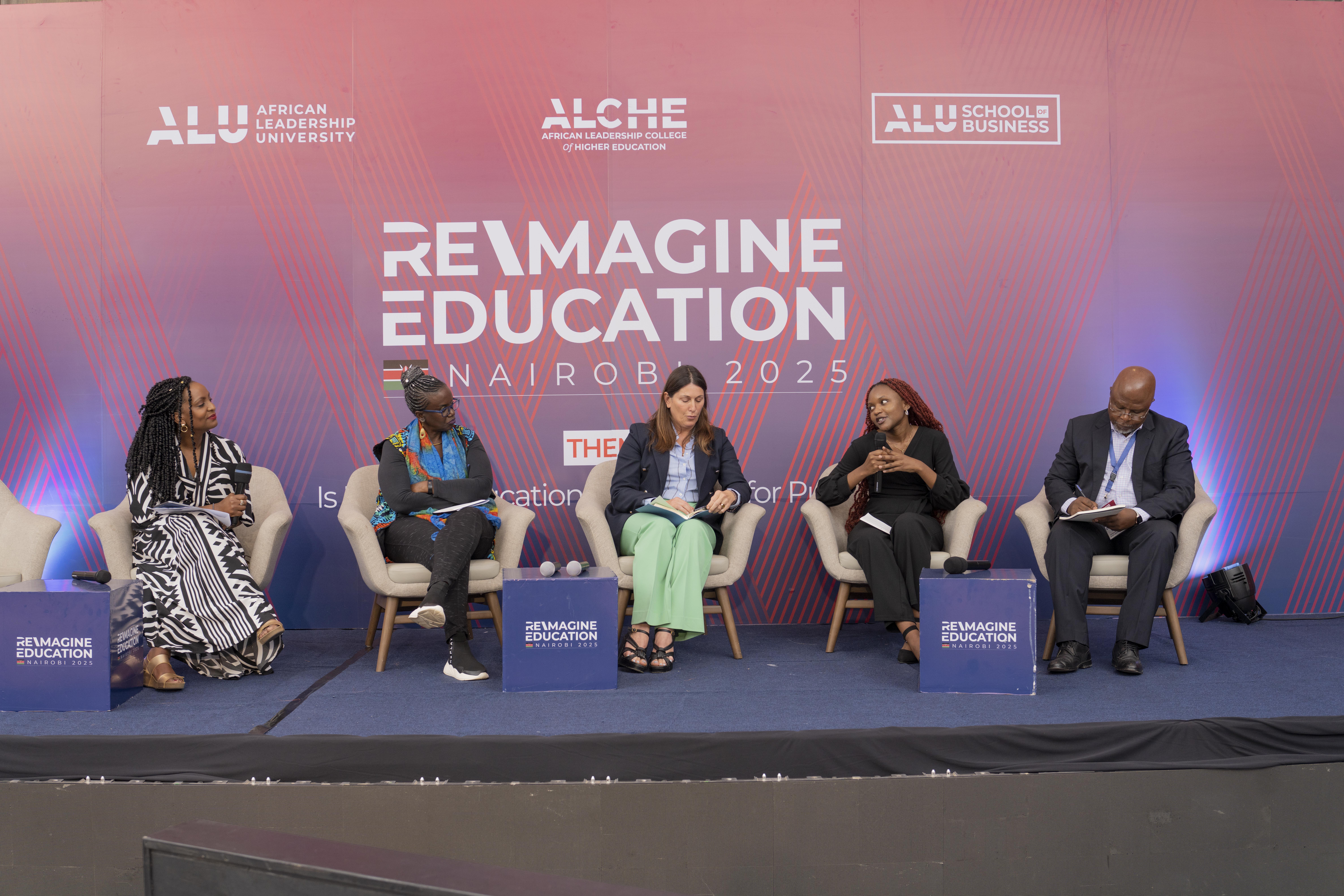
There were student-, teacher- and business-oriented breakout sessions, during which small groups shared their thoughts on higher education and the ALU Africa Workforce Readiness Survey. Participants in the student breakout session noted the importance of social media in raising awareness of challenges facing the world today, including climate change. This was mentioned as a potential factor explaining the high percentage of students in the survey (64%) who said that it is important to work for an organisation that aims to solve one of the world’s biggest challenges.
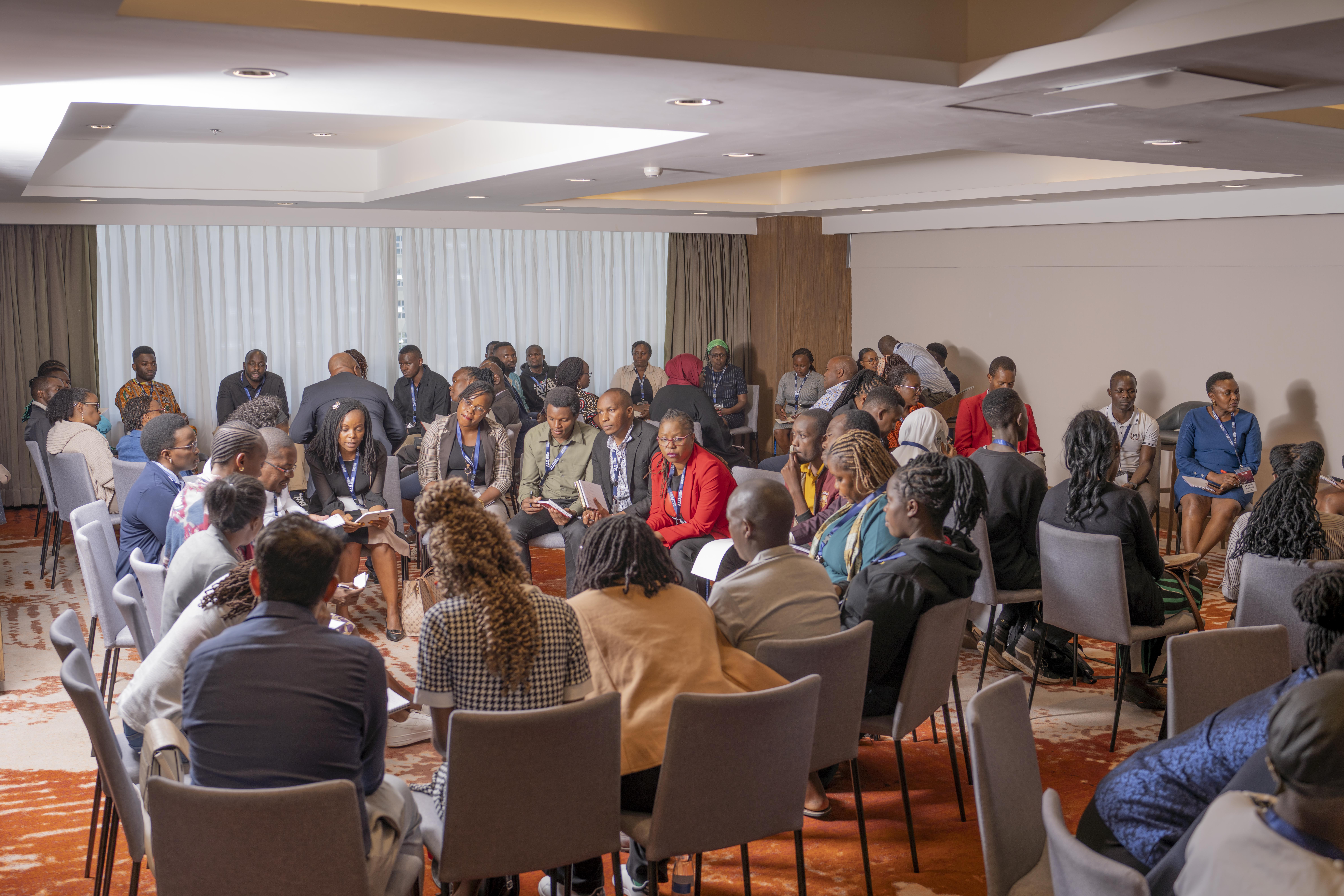
In a debate on whether higher education in Africa is adequately preparing graduates for the future, some participants argued that it positively contributes to students’ personal development and enables them to forge connections. However, others argued that higher education does not sufficiently prepare students for the world of work.
Finally, the closing panel discussion summarised some of the key talking points to emerge at Reimagine Education, including reiterating the significance of employers partnering with higher education institutions and the development of soft skills being a vital part of higher education.

